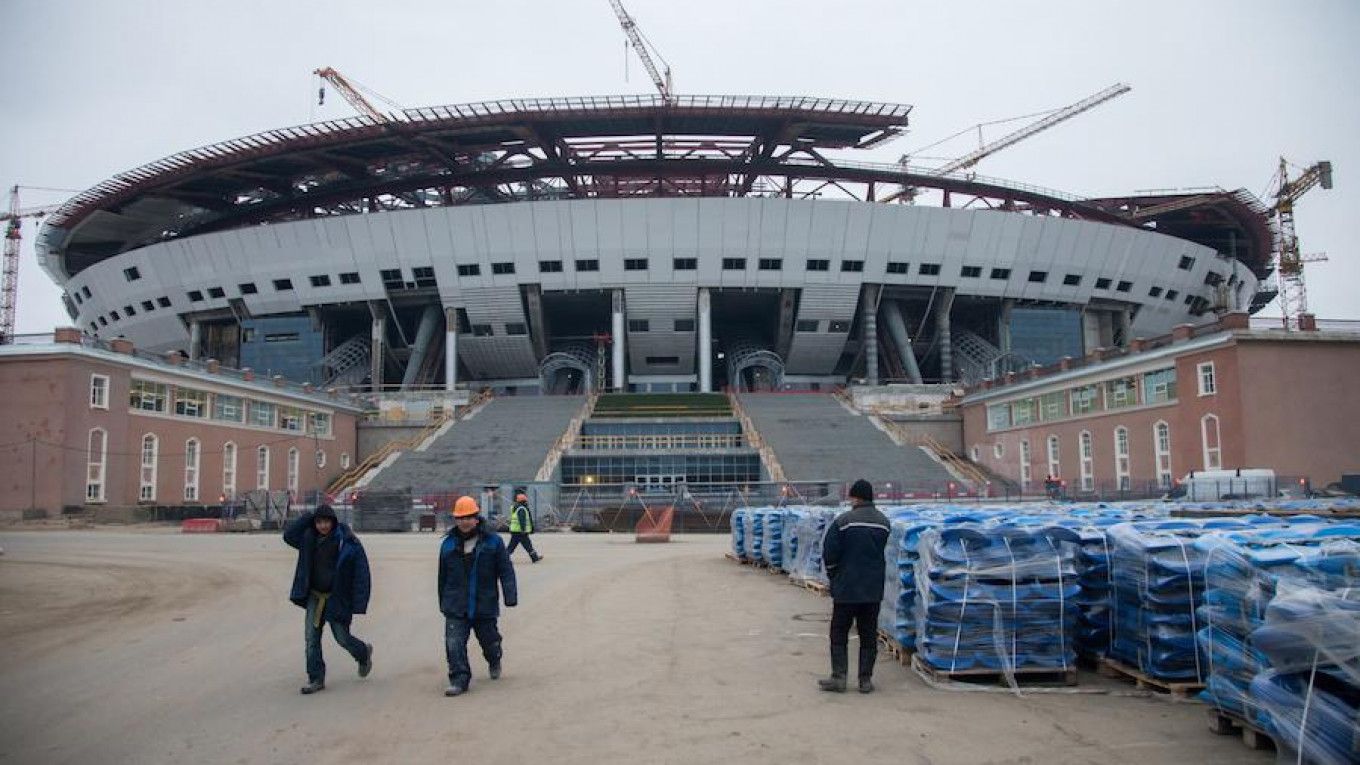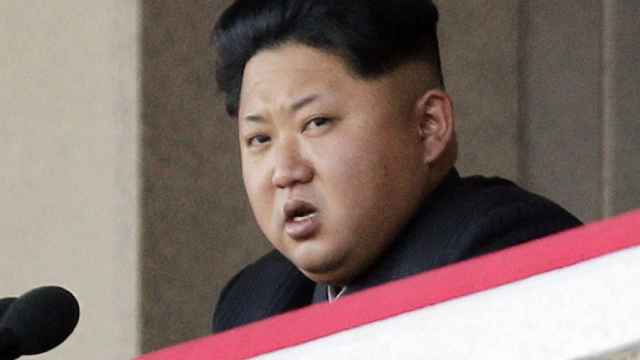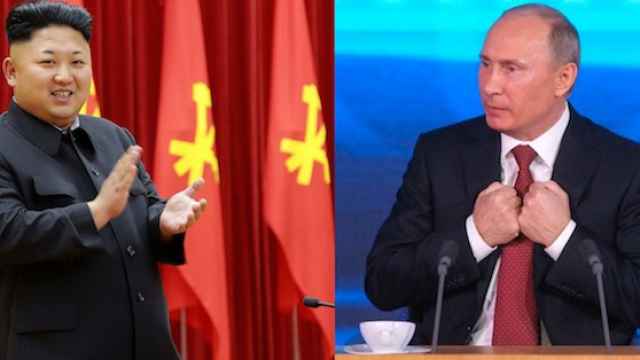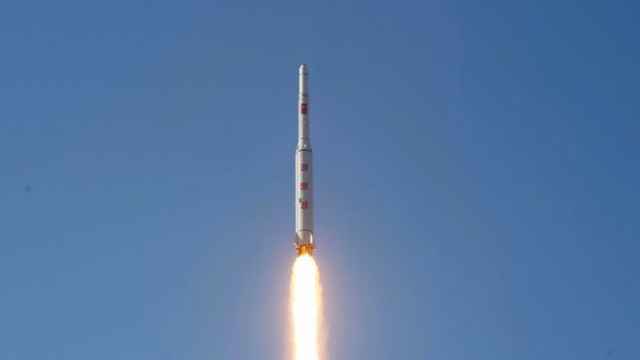Two Russian construction companies are reportedly using North Korean slave labor to prepare the city of St. Petersburg for the 2018 World Cup.
Exactly 110 North Korean forced laborers have worked on the Zenit Arena stadium in St. Petersburg, according to a report by Norwegian football magazine Josimar.
The laborers, who work for the St. Petersburg-based Seven Suns and Dalpiterstroy companies, work seven days a week, live in inhumane conditions and sleep in shipping containers. One of the workers was even found dead in a shipping container not far from the construction site, according to Josimar.
The Zenit stadium, near St. Petersburg's Krestovsky Ostrov metro station, has been under construction for 11 years. The project was initially intended as a new arena for the football team Zenit St. Petersburg and estimated to cost $220 million. However, after Russia's successful bid to host the World Cup, the stadium was assigned to be one of the championship's key venues. Since then, the cost of construction has skyrocketed to $1.5 billion and counting.
The use of North Korean workers is an
extremely controversial subject. Several prominent international
humanitarian organizations describe them as slaves and hostages.
Normally, 90 percent of their pay is automatically seized by the government in
Pyongyang, and the laborers work under constant surveillance.
Due to the international sanctions imposed on North Korea, a result of the country's illegal nuclear weapons program, overseas labor remains one of the fews ways the regime can earn hard currency. The United Nations estimates exported labor accounts for $2 billion dollars of Pyongyang's income.
Despite the controversy, Russia has long used North Korean labor. According to the Russian Ministry of Labor, in 2015, more than 47,000 North Koreans were working in Russia. Local businesses purportedly favor the foreign laborers for their “diligence” and “hard work.”
A Message from The Moscow Times:
Dear readers,
We are facing unprecedented challenges. Russia's Prosecutor General's Office has designated The Moscow Times as an "undesirable" organization, criminalizing our work and putting our staff at risk of prosecution. This follows our earlier unjust labeling as a "foreign agent."
These actions are direct attempts to silence independent journalism in Russia. The authorities claim our work "discredits the decisions of the Russian leadership." We see things differently: we strive to provide accurate, unbiased reporting on Russia.
We, the journalists of The Moscow Times, refuse to be silenced. But to continue our work, we need your help.
Your support, no matter how small, makes a world of difference. If you can, please support us monthly starting from just $2. It's quick to set up, and every contribution makes a significant impact.
By supporting The Moscow Times, you're defending open, independent journalism in the face of repression. Thank you for standing with us.
Remind me later.






